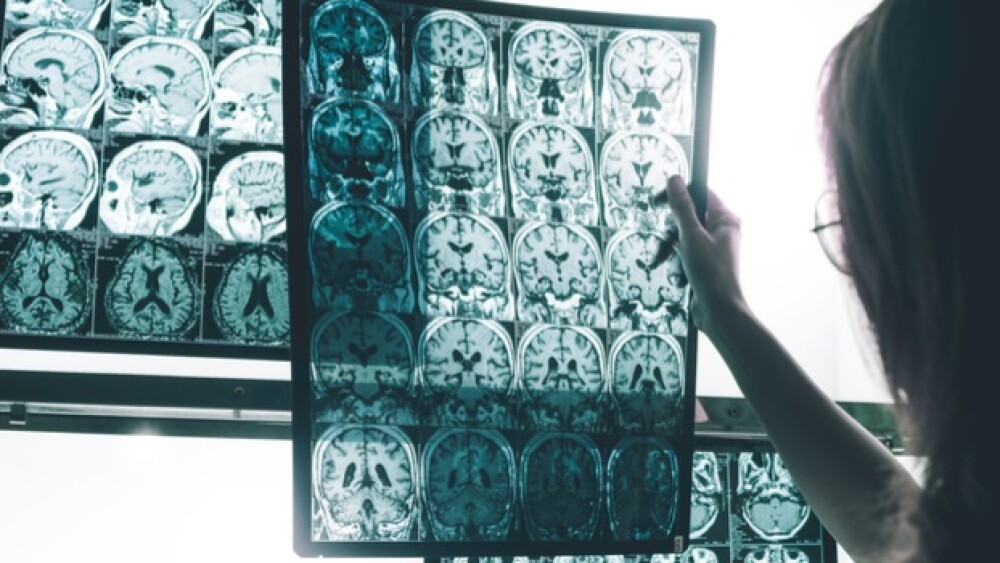According to a new study published in Neurology, researchers discovered increased biomarkers for Alzheimer’s in the brains of older patients with high blood pressure.
Over the past several years there have been significant failures in the attempts to develop a treatment for Alzheimer’s disease. While drug manufacturers have struggled, new research may have found an early indication of the disease – high blood pressure.
According to a new study published in Neurology, researchers discovered increased biomarkers for Alzheimer’s in the brains of older patients with high blood pressure, as opposed to those who have average blood pressure readings, CNN reported this morning. Researchers observed increased signs of brain infarcts, areas of dead tissue, when looking at postmortem samples under a microscope, CNN said.
Zoe Arvanitakis, a doctor in the Department of Neurological Sciences at Rush Medical College in Chicago, told CNN that researchers knew high blood pressure was related to stroke and dementia. For the study, Arvanitakis told CNN that researchers wanted to examine the relationship of blood pressure, high, normal and low, to the two most common causes of stroke and dementia. The causes are brain infarcts and plaques and tangles, the signature biomarkers of Alzheimer’s.
Study participants allowed researchers to undergo yearly exams, as well as neuropsychological examinations. Following their deaths, the participants allowed their brains to be examined. Arvanitakis told CNN that researchers wanted to look at the brain tissue to “see whether we saw the underlying changes in the brain that cause stroke or the underlying changes in the brain that cause dementia.”
The study included 1,288 people who were at least 65 years old. Of those participants, there was an average systolic blood pressure of 134 and an average diastolic blood pressure of 71. Two-thirds had a history of high blood pressure, and 87 percent had been taking high blood pressure drugs, CNN said.
Arvanitakis said that the higher the blood pressure was in a study participant, the more likely they were to have brain lesions. CNN broke it down like this. A systolic blood pressure of 147 “translated to a 46 percent increased risk of having one or more brain lesions.” That higher than average systolic pressure also meant a much greater change of larger lesions.
In addition to the greater chance of lesions, researchers found that higher systolic pressure was associated with a higher number of protein tangles in the brain – one of the markers for Alzheimer’s. The researchers did not see evidence that the higher systolic pressure led to an increase of amyloid plaque, another marker for the dreaded disease.
When it came to diastolic readings researchers also saw similar results for lesions. Participants with a higher-than-average diastolic reading had a greater chance of having the lesions.
Arvanitakis was quick to note that the findings from the study are difficult to interpret as it comes to diagnosing or treating Alzheimer’s and said that it will require more research.
While the research and debate over how the blood pressure data can be used in Alzheimer’s treatment continues, there has been some positive headway. Last week Biogen and its developmental partner Eisai announced positive topline results from their Phase II clinical trial of BAN2401, an anti-amyloid beta protofibril antibody, in Alzheimer’s disease. Trial data showed that positive effects were observed in the highest dose in the trial that appeared “to have a significant positive response on both cognition and accumulation of amyloid plaques in the brain.”





